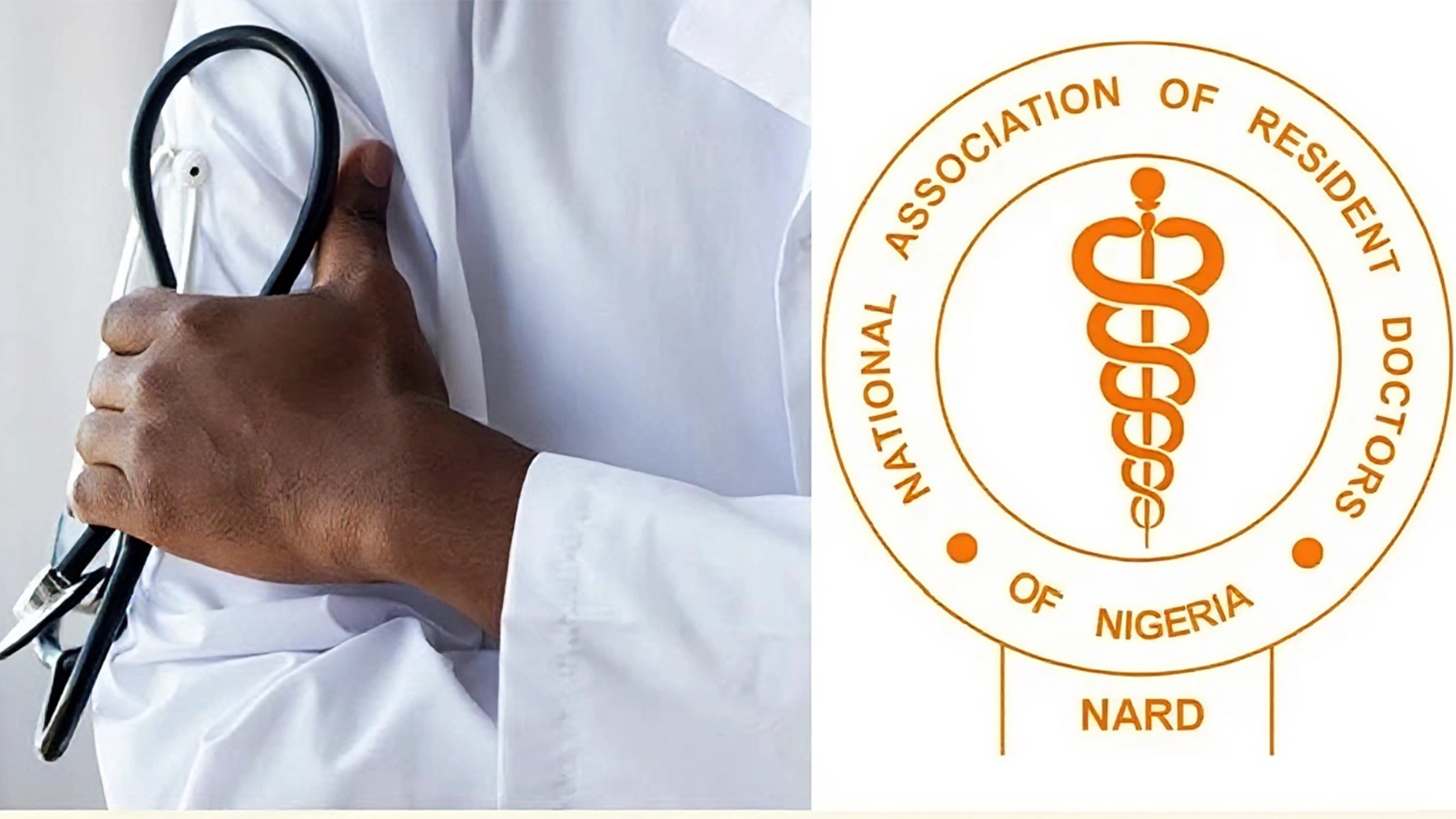Federal Government has warned that the rising threat of drug-resistant infections is a silent pandemic.
It also warned that if the country failed to invest urgently in strengthening infection control in hospitals, promoting responsible use of antibiotics in communities, and embedding hygiene practices in schools, it risked undermining the very foundations of modern medicine.
The Minister of Health and Social Welfare, Prof. Muhammad Ali Pate, who gave the warnings at the event to mark the 10th anniversary of Dr Ameyo Stella Adadevoh (DRASA) Health Trust yesterday in Abuja, emphasised that prevention was the cornerstone of a resilient health system, stressing that most times, the world would wait for crises before investing in preparedness.
According to Pate, health security is not the work of the Ministry of Health and Social Welfare alone, adding that it demands the active participation of other government sectors from finance to environment and education, private sector partners, who can drive innovation and sustainable financing; development partners, who bring technical and catalytic support; and communities who need to embrace daily disease prevention and are often the first to detect and respond to emerging health threats.
He said: “The lessons of Ebola and COVID-19 are clear: every naira spent on infection prevention, hygiene, and antimicrobial resistance (AMR) control saves many more in treatment and economic loss.10 years ago, Nigeria faced the terrifying threat of the Ebola virus.”
We remember with profound respect Dr Ameyo Stella Adadevoh, whose courageous and decisive action protected millions of Nigerians. Her sacrifice embodies the highest ideals of medical professionalism and national.”
The minister noted that through DRASA’s support to the government in developing and launching Nigeria’s second One Health AMR National Action Plan and their work training nearly 16,000 health workers in infection prevention and control, the government had seen what is possible when prevention is prioritised.
ALSO speaking, the Managing Director of DRASA, Dr Niniola Williams, revealed that the organisation had trained over 15,700 health workers in infection-prevention and control (IPC) practices to deliver safe, quality healthcare to all their patients in the past ten years.
According to Williams,DRASA has also developed a network of more than 96,800 Health Champions, who are actively promoting hygiene, improving sanitation practices, and detecting and reporting
infectious diseases in their schools, markets, religious centres, and communities across the country.
At the event, the organisation unveiled an endowment fund targeting to raise about N15 billion for its future works.






